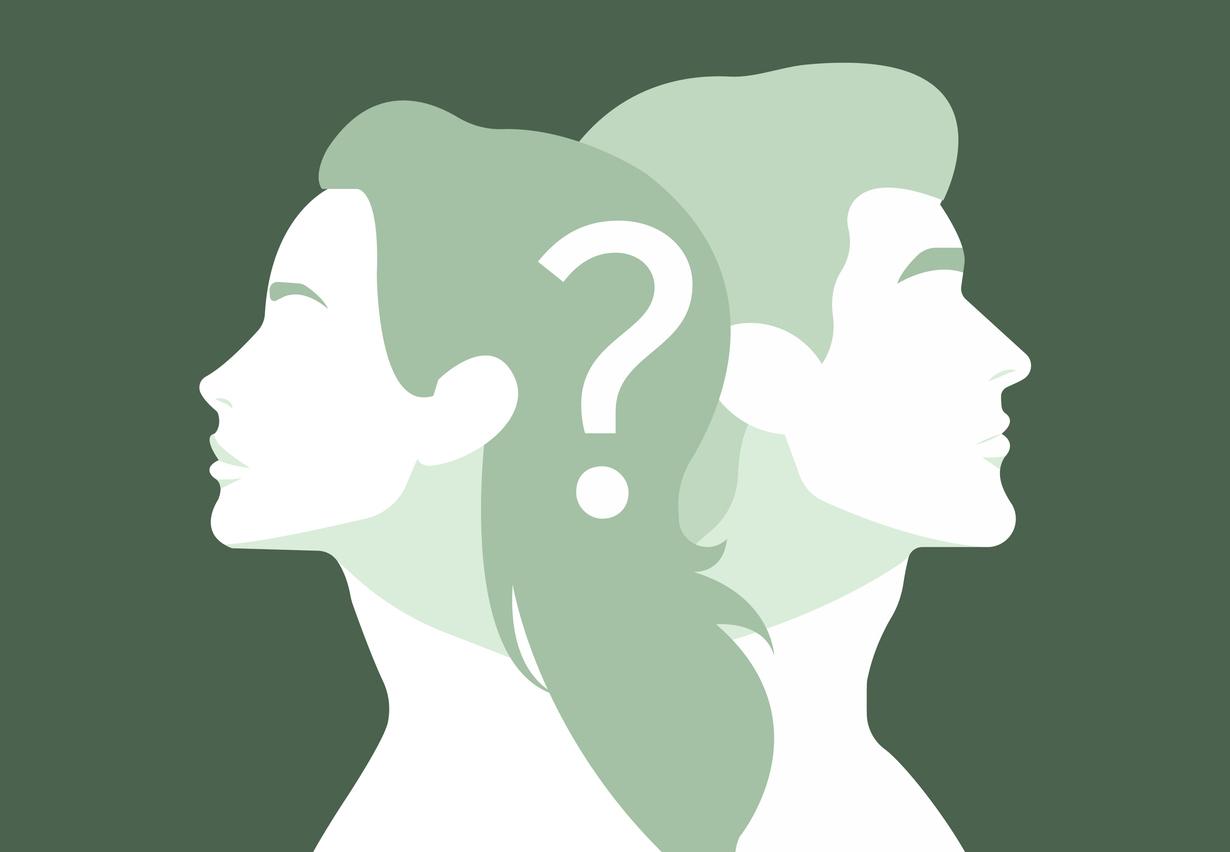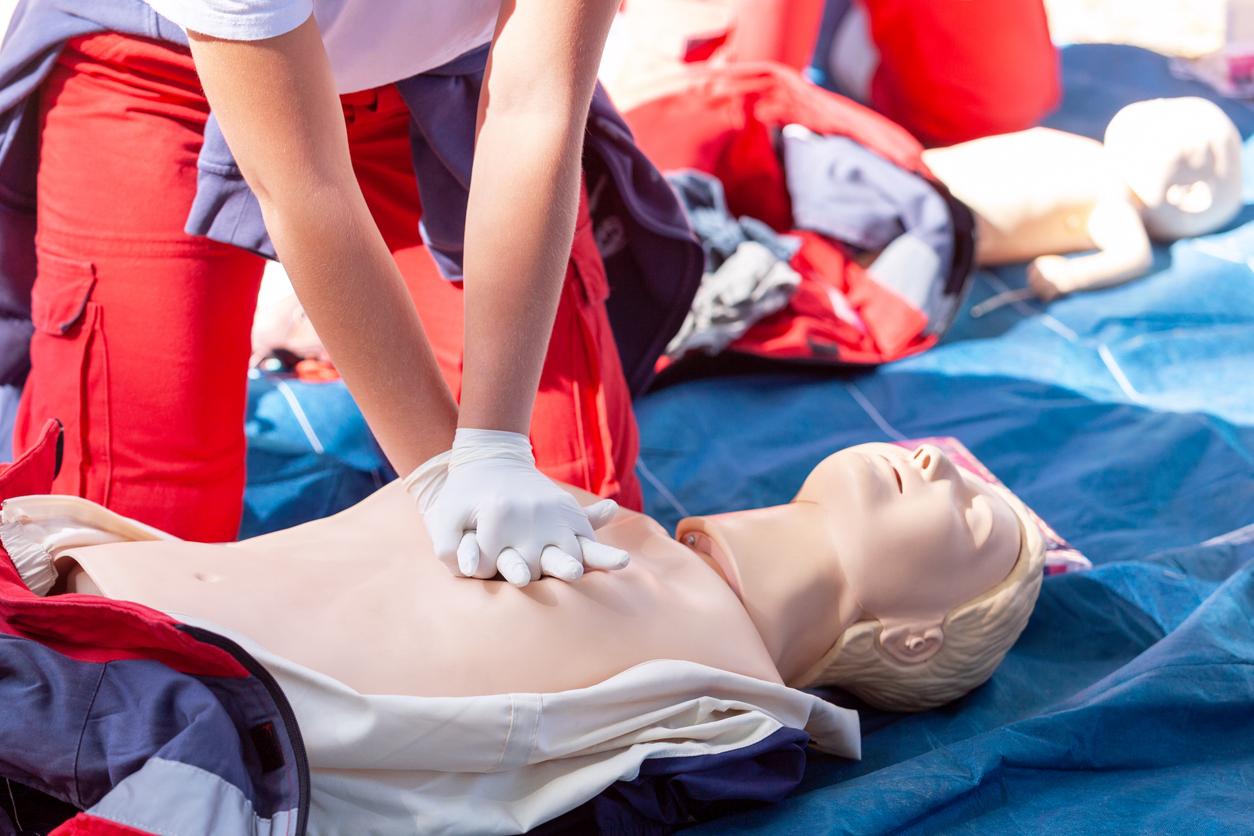We often hear that “Man is a social animal”, but do we really need others?

If philosophers have long wondered about the need to have social relations or not, science provides an answer to our sometimes social, sometimes individualistic behavior. It could all be related to our need for survival.
Can we really survive alone?
Since our birth, we have never ceased to satisfy our needs in order to survive. Whether it’s the crying of the baby to alert, the feeling of hunger that pushes us to eat, or the signs of sleep that encourage us to sleep, our body has been able to put in place different signals aimed at preserving our existence even before that of others.
If this behavior may seem selfish, we realize that social relationships are also part of the essential needs for everyone’s development. Feeling part of a group and developing altruism is equally useful for survival. Many studies on the development of the child have been able to highlight this phenomenon: without social interactions the baby is capable of letting himself die.
A society that is not so individualistic.
The Covid-19 health crisis is there to remind us: we need others to feel good. If our development has allowed us to be empathetic, thanks in particular to mirror neurons, and therefore to feel the emotions of others, it is because we need a community and a sense of belonging to flourish.
To think that social relationships should only bring us something is wrong. The many examples of disinterested solidarity clearly show that humanity needs to function as a connected network where each individual participates at his level in mutual cohesion and fulfilment.
Find out more: “Stop being nice, be true!: Being with others while remaining yourself” by Thomas d’Ansembourg, Éditions de l’Homme.
.

















